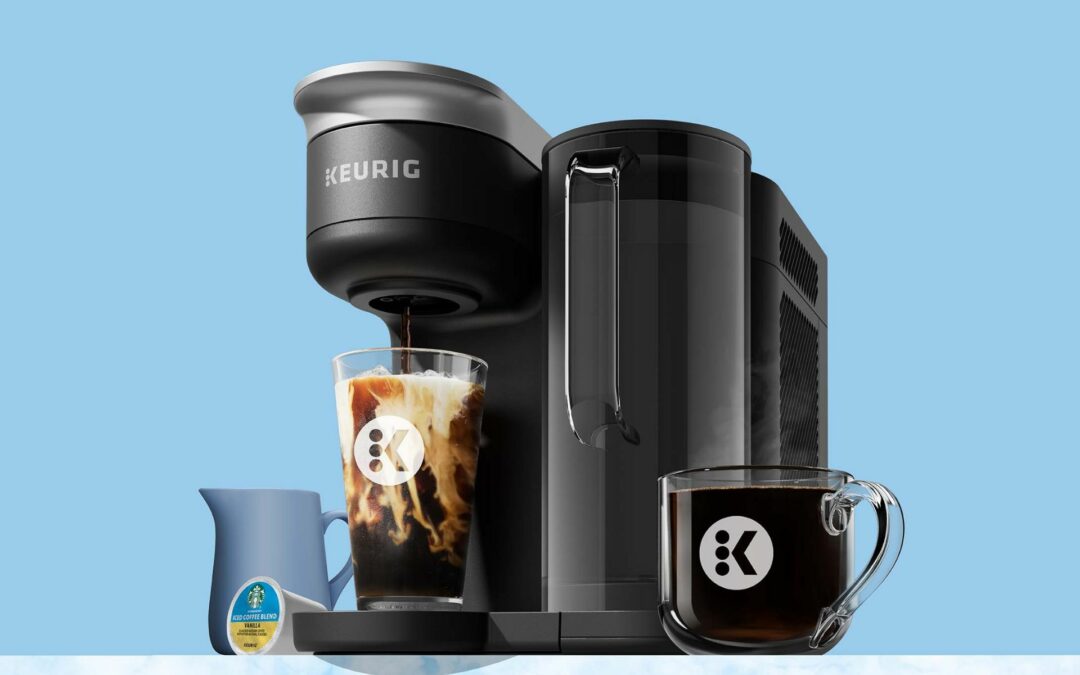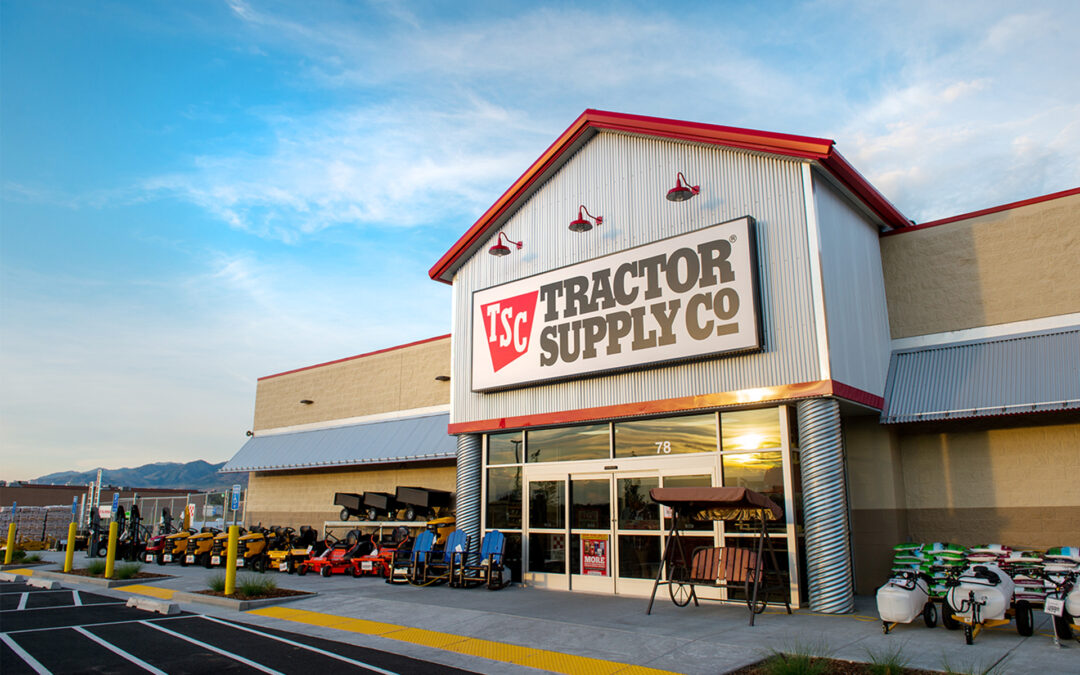Consumer confidence in the United States improved again in July, according to the ongoing study by The Conference Board, and stands at its highest level in two years.
Dana Peterson, Conference Board chief economist, pointed out, “In our periodic survey of services, consumers continued to report intentions to spend less on discretionary services, including travel, recreation, and gambling, going forward. By contrast, they anticipate spending more in the months ahead on necessary services like health care, as well as cheaper services like streaming from home.”
The Conference Board’s Consumer Confidence Index rose again in July to 117 up from 110.1 in June, with 100 being the line between a positive or negative sentiment about the economy. The Present Situation Index, the consumer assessment of current business and labor market conditions, improved to 160 from 155.3 in the previous month. The Expectations Index, the consumer six-month assessment of income, business and labor market conditions, improved to 88.3 from 80 in June. As such, the Expectations Index surpassed another important threshold in the study in that a reading below 80 tends to signal a recession within the next year.
Despite rising interest rates, consumers have become more upbeat, the Conference Board observed, likely reflecting lower inflation and a tight labor market. However, the organization noted that the more positive sentiment doesn’t mean a recession won’t occur this year.
As regards the Present Situation index 21.9% of consumers said business conditions are good, down from 23.4% last month while 15.2% said business conditions are bad, from 15.3%. Consumers’ appraisal of the labor market was more positive month over month with 46.9% of consumers saying jobs are plentiful, up from 45.4% a month earlier, and 9.7% of consumers saying jobs are hard to get down from 12.6%.
In the Expectations Index, 17.1% of consumers expect business conditions to improve over the next six months, up from 14.6% in June, as 14% expect business conditions to worsen, down from 17.7%.
Consumers’ appraisal of the labor market outlook was sunnier, with 16.4% of consumers expecting more job availability, up from 15.4% while 14.8% anticipate fewer jobs, down from 16.7%.
Still, consumers’ six-month income outlook became more tempered in July with 16.3% of consumers expecting their incomes to increase, down from 18.6% in the month previous, but with 9.7% anticipating that income would decrease, down from 11.8% in June.
Consumers’ assessment of their Family’s Current Financial Situation signals still-healthy family finances, the Conference Board noted, as 31.6% of consumers said their current family financial situation is good, up from 28.8% in June, and 17.6% said their current situation is bad, down from 18.6%. At the same time, 31.1% of consumers said they expect family finances to get better over the next six months down from 31.9% in June, and 13.6% anticipated that their family finances will get worse, up from 13.2%.
Despite recent positive news about U.S. economic growth such as the 2.4% second-quarter rise in gross domestic product the U.S. Bureau of Economic Analysis revealed, and taking into consideration that the Conference Board-sponsored survey reached completion before news broke in late July about gains in the country’s gross domestic product, Perceived Likelihood of a U.S. Recession over the next 12 months ticked up in July, with 70.6% of consumers saying it’s very or somewhat likely, up from 69.9% in June but below the recent peak of a bit more than 73% reached earlier this year.
In announcing the study results, Dana Peterson, Conference Board chief economist, said “Headline confidence appears to have broken out of the sideways trend that prevailed for much of the last year. Greater confidence was evident across all age groups, and among both consumers earning incomes less than $50,000 and those making more than $100,000. Assessments of the present situation rose in July on brighter views of employment conditions, where the spread between consumers saying jobs are ‘plentiful’ versus ‘hard to get’ widened further. This likely reflects upbeat feelings about a labor market that continues to outperform. When asked about current family financial conditions, a measure not included in calculating the Present Situation Index, the share of respondents citing a ‘good’ situation rose, and those citing ‘bad’ conditions fell, signaling still-healthy family finances. This might reflect softening inflation and continued income support from employment.”
Sentiment six months down the road is more complicated.
“Expectations for the next six months improved materially, reflecting greater confidence about future business conditions and job availability,” Peterson said. “This likely reveals consumers’ belief that labor market conditions will remain favorable. Expectations for future incomes ticked down slightly, a potential reflection of slower wage growth compared to a year ago. The measure of expected family financial situation, six months hence, not included in the Expectations Index, also softened somewhat in July, despite a further decline in the 12-month forward inflation expectations gauge. The proportion of consumers saying recession is somewhat or very likely to occur ticked up in July, contrary to the Expectations Index spiking this month above the threshold of 80. Still, recession expectations remained below their recent peak, suggesting fears of a recession have eased relative to earlier this year.”





